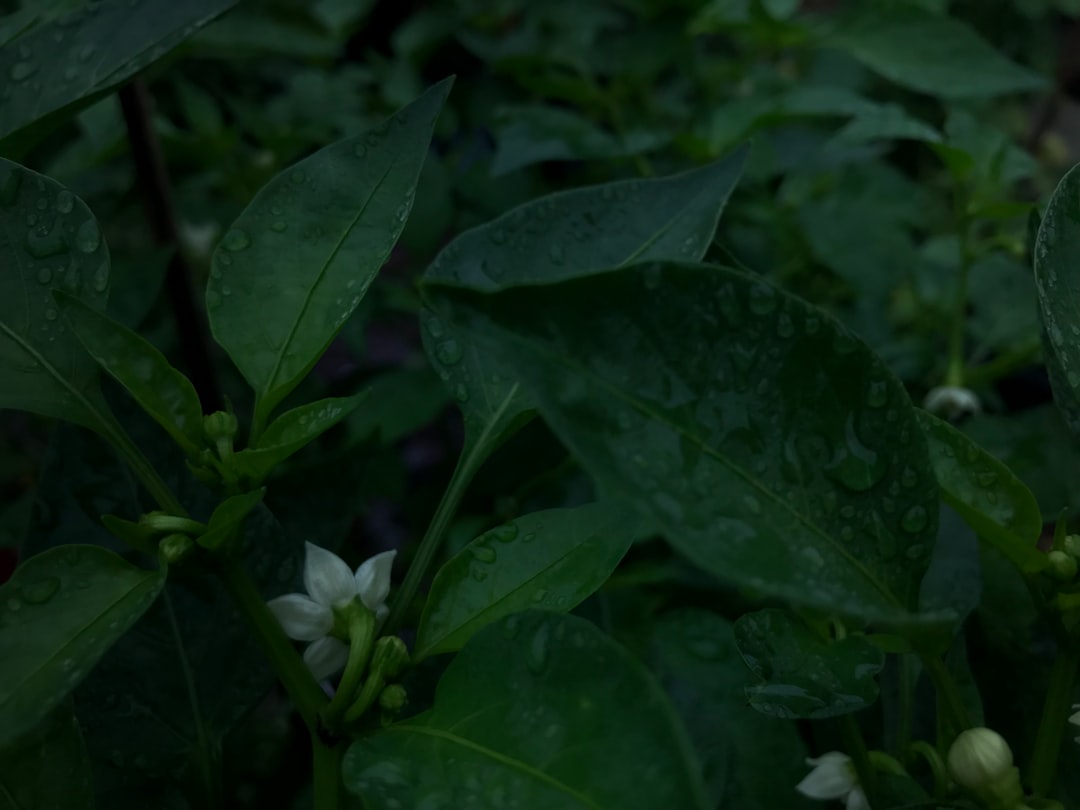In the realm of gardening, few plants can rival the charm and resilience of Jupiter's beard. This remarkable perennial is a true gem, gracing gardens with its non - stop blooms and an ability to thrive in the most challenging of conditions. Let's embark on a journey to explore the many facets of this wonderful flower.
Jupiter's beard, scientifically known as Centranthus ruber, is a species that has captured the hearts of gardeners around the world. Its clusters of brightly colored flowers are a sight to behold. The blooms come in a variety of hues, including pink, red, and white, creating a vibrant display that can transform any garden into a living masterpiece.
One of the most outstanding features of Jupiter's beard is its non - stop blooming nature. From late spring through early fall, this plant is a constant source of color and beauty. Unlike many other flowers that have a short blooming period, Jupiter's beard keeps on producing new flowers, ensuring that your garden remains lively and attractive throughout the growing season. This continuous blooming is a result of its genetic makeup and the way it responds to environmental factors such as sunlight and temperature.
Another remarkable aspect of Jupiter's beard is its extreme drought tolerance. In an era where water conservation is of utmost importance, having a plant that can thrive with minimal watering is a significant advantage. This plant has adapted to survive in dry, rocky soils and arid climates. Its deep root system allows it to access water deep within the ground, and its thick, waxy leaves help to reduce water loss through transpiration. This makes it an ideal choice for xeriscaping, a landscaping method that focuses on using drought - tolerant plants to conserve water.
When it comes to planting Jupiter's beard, it is relatively easy to grow. It prefers full sun but can tolerate partial shade. The soil should be well - drained, as this plant does not like to sit in waterlogged conditions. You can start Jupiter's beard from seeds or cuttings. If you choose to grow it from seeds, sow them directly in the garden after the last frost. Keep the soil moist until the seeds germinate, which usually takes about two weeks. If you opt for cuttings, take them from healthy, mature plants in the spring or summer and root them in a well - draining potting mix.
Jupiter's beard also has some ecological benefits. Its bright flowers attract a wide range of pollinators, including bees, butterflies, and hummingbirds. These pollinators play a crucial role in the ecosystem by helping to fertilize other plants and ensure the production of fruits and seeds. By planting Jupiter's beard in your garden, you are not only adding beauty but also contributing to the health of the local ecosystem.
In terms of maintenance, Jupiter's beard is a low - maintenance plant. Once established, it requires very little watering, especially in areas with regular rainfall. You can prune it back after the first flush of blooms to encourage a second round of flowering. Deadheading, which is the removal of spent flowers, can also help to keep the plant looking tidy and promote continuous blooming.
However, like any plant, Jupiter's beard is not without its challenges. It can be susceptible to some pests and diseases. Aphids, for example, may sometimes attack the plant, sucking the sap from the leaves and stems. To control aphids, you can use insecticidal soap or a strong stream of water to wash them off the plant. Fungal diseases can also occur in humid conditions, so it is important to ensure good air circulation around the plant.
Jupiter's beard can be used in various garden designs. It looks great in borders, where its colorful blooms can provide a splash of color against a backdrop of green foliage. You can also plant it in containers, either on its own or mixed with other drought - tolerant plants. In a cottage garden setting, Jupiter's beard adds a touch of old - fashioned charm with its abundant flowers and delicate fragrance.
Overall, Jupiter's beard is a versatile and rewarding plant to grow. Its non - stop blooms, extreme drought tolerance, and ease of care make it a favorite among both novice and experienced gardeners. Whether you are looking to create a colorful garden, conserve water, or attract pollinators, Jupiter's beard is an excellent choice. So, why not add this beautiful perennial to your garden and enjoy its many benefits for years to come?

